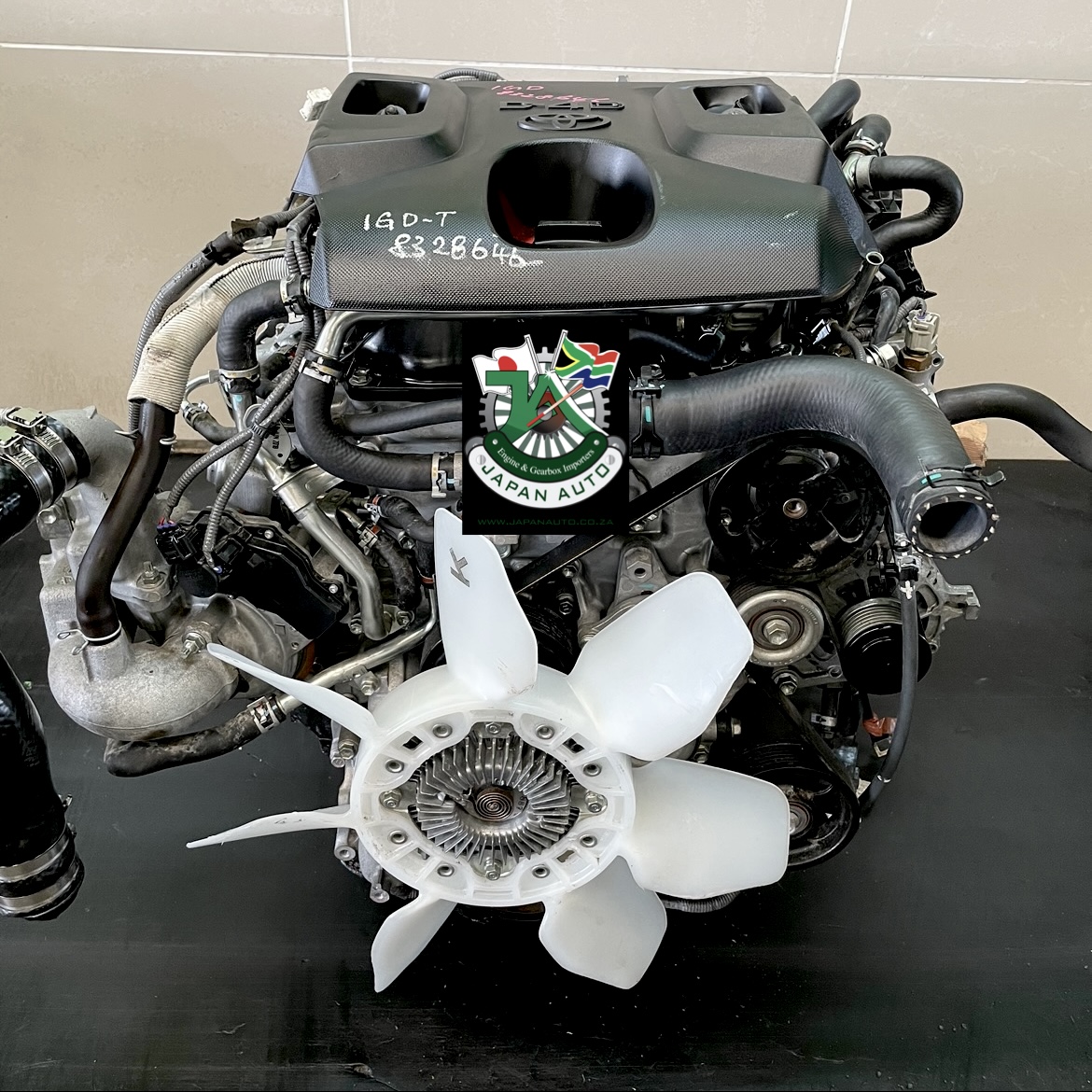Why the Toyota Tazz Remains a Popular Choice for Budget-Conscious Drivers
Why the Toyota Tazz Remains a Popular Choice for Budget-Conscious Drivers
Blog Article
Explore the most recent Fads in Engine Technology Through Tazz
In the swiftly progressing landscape of auto innovation, Tazz stands at the center, highlighting substantial improvements in engine systems that prioritize both advancement and sustainability. From hybrid engines that optimize fuel effectiveness to the introduction of hydrogen gas cells, the trends shaping modern powertrains are not only boosting performance but likewise addressing important environmental difficulties.
Hybrid Engine Innovations
Hybrid engine developments represent an essential change in automobile technology, incorporating the benefits of inner burning engines with electrical propulsion systems. This combination not just boosts fuel effectiveness yet additionally lowers exhausts, meeting increasingly rigid environmental guidelines. By utilizing both power sources, hybrid engines can maximize performance, supplying power when required while saving fuel during less requiring motoring conditions.
Recent advancements in crossbreed modern technology consist of enhancements in battery efficiency and regenerative braking systems. These technologies permit higher power healing during slowdown, which can be redirected to assist in velocity or power auxiliary systems. Manufacturers are concentrating on lightweight products and compact layouts to take full advantage of the efficiency of hybrid powertrains.
The growth of plug-in hybrids has actually likewise expanded the marketplace, enabling motorists to charge their automobiles using common electrical outlets. This function often permits substantial all-electric range, more decreasing reliance on typical fuels. tazz. As the vehicle sector continues to develop, hybrid engine modern technologies are expected to play a critical role in connecting the void in between conventional cars and completely electrical models, offering a transitional option that accommodates varied customer needs and preferences
Advancements in Electric Powertrains
The vehicle landscape is swiftly evolving, with electric powertrains becoming a leading force in sustainable transportation. Advancements in electric automobile (EV) modern technology are dramatically boosting performance, customer, and efficiency experience. Trick technologies consist of renovations in battery chemistry, which have actually enhanced energy density, lowered billing times, and prolonged general battery life.
Solid-state batteries, as an example, promise to change the marketplace by supplying higher safety and performance contrasted to conventional lithium-ion cells. Additionally, advancements in regenerative braking systems are enabling lorries to recoup energy throughout slowdown, adding to total effectiveness.
Along with battery technology, electric motor layouts are ending up being more innovative. Developments such as incorporated motors and advanced thermal monitoring systems are assisting to maximize power delivery and minimize weight, ultimately improving vehicle dynamics.

Jointly, these breakthroughs highlight the commitment to transition in the direction of cleaner, a lot more effective transport remedies, positioning electric powertrains at the center of vehicle development.
The Rise of Hydrogen Gas Cells
Increasingly, hydrogen gas cells are getting traction as a sensible option to traditional inner combustion engines and battery electrical cars. This technology takes advantage of the chemical energy saved in hydrogen, converting it right into electrical power via an electrochemical reaction with oxygen. The key by-product of this procedure is water, making hydrogen fuel cells an eco friendly alternative with no exhausts at the tailpipe.

Automakers are significantly investing in hydrogen fuel cell modern technology, acknowledging its possibility for long-range applications and rapid refueling abilities that navigate to this site rival traditional gas. Additionally, markets such as heavy-duty transport and public transportation are specifically well-suited for hydrogen fuel cells, where battery electrical solutions may fail as a result of weight and range restrictions.
As study and financial investment remain to broaden, hydrogen gas cells are positioned to play a substantial role in the future landscape of clean transport and power remedies.
Enhancements in Internal Combustion Engines
Advancements in interior combustion engine (ICE) technology are transforming traditional lorries to fulfill contemporary environmental standards and efficiency assumptions. Direct fuel shot, for circumstances, allows for better atomization of gas, leading to more complete burning and improved power outcome.
Additionally, turbocharging has actually gotten prominence, allowing smaller sized engines to provide higher efficiency without the weight of bigger engines - tazz. This technology not just improves effectiveness but additionally contributes to decrease gas consumption. Variable shutoff timing systems are also being improved, allowing engines to adapt to different driving conditions for boosted torque and responsiveness
Furthermore, the use of light-weight products in engine building is becoming typical, additional boosting fuel performance by decreasing total car weight. Engine control devices (ECUs) are increasingly innovative, enabling real-time modifications visit the site that maximize performance and exhausts.
These enhancements collectively indicate a pivotal change in ICE modern technology, aligning with worldwide sustainability objectives while still offering the efficiency vehicle drivers expect from their automobiles. As the sector evolves, these enhancements remain to form the future of traditional automobile design.
Future Fads in Engine Efficiency
Significant improvements in engine performance are prepared for as manufacturers focus on integrating innovative modern technologies to fulfill stringent environmental regulations and consumer demands. The shift towards electrification, hybrid systems, and alternate fuels is reshaping the automobile landscape, driving advancements that improve fuel economic climate and minimize exhausts.
Among the crucial patterns is the application of sophisticated materials and producing methods. Lightweight composites and high-strength alloys add to minimized automobile weight, therefore enhancing overall efficiency. In addition, the fostering of turbocharging and variable shutoff timing innovations enables improved power output from smaller sized engines, additionally improving fuel economy.

Verdict
Technologies in crossbreed engine systems, electric powertrains, and hydrogen fuel cells show a commitment to decreasing emissions while boosting efficiency. Improvements in inner burning engines and a focus on light-weight materials contribute to total engine effectiveness.
From hybrid engines that maximize fuel efficiency to the appearance of hydrogen fuel cells, the fads forming modern powertrains are not just improving performance however additionally addressing vital ecological challenges.Hybrid engine developments stand for an essential shift in automotive innovation, incorporating the benefits of inner combustion engines with electrical propulsion systems.Additionally, turbocharging has actually acquired prestige, allowing smaller sized engines to supply higher efficiency without the weight of larger engines. Furthermore, the fostering of turbocharging and variable valve timing innovations permits for enhanced power result from smaller sized engines, even more boosting fuel economic climate.
Renovations in internal combustion engines and an emphasis on light-weight materials add to total engine efficiency.
Report this page